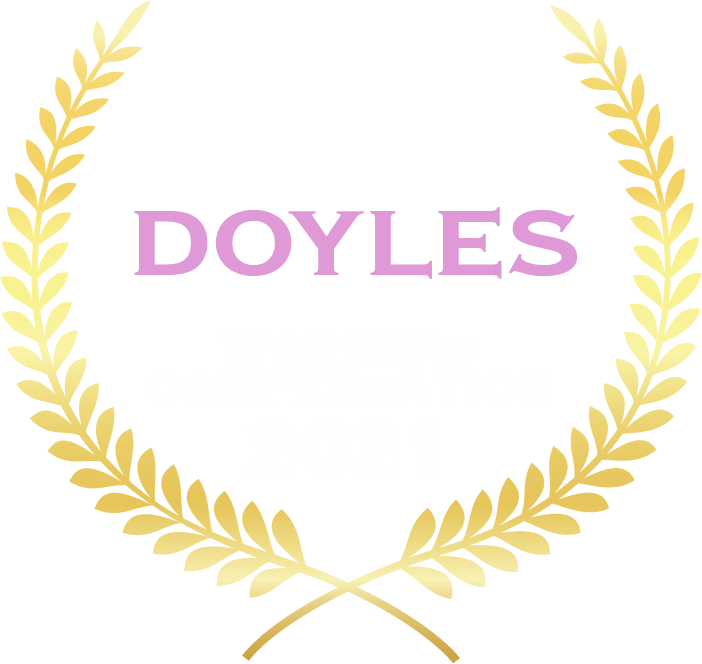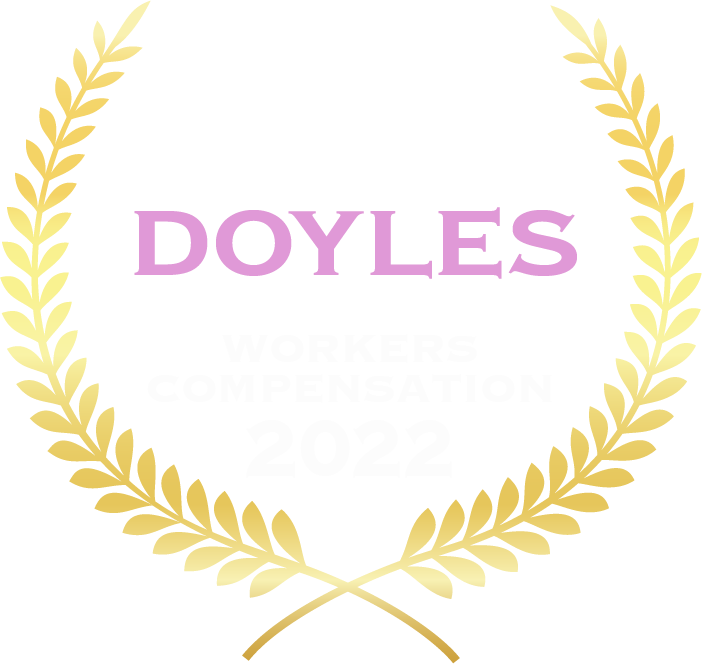Despite the Plaintiff suffering an acquired brain injury and post-traumatic stress disorder, the VWA denied his serious injury certificate. The matter was heard by His Honour Judge Saccardo, who found in favour of the Plaintiff.
Background
The Plaintiff was a 45-year-old former loss prevention officer employed by the Defendant.
On 26 March 2013 he was stationed at a Coles store in Richmond. He observed a shop lifter concealing an item and proceeding through the checkout area without paying. He approached the shoplifter outside the store, showed his badge and was assaulted. He fell backwards, hitting his head on the concrete floor.
The Plaintiff was taken to hospital where he was admitted for over two weeks, and received extensive rehabilitation.
Injury and Treatment
The assault resulted in the Plaintiff suffering a serious injury to his head, and psychiatric injury in the form of post-traumatic stress disorder.
His treatment included attendances at an acquired brain injury clinic, and regular consultations with his GP, Neuropsychologist and Psychiatrist.
The issue
The Plaintiff’s application for a Serious Injury Certificate was rejected and therefore an Originating Motion hearing was issued and listed before His Honour Judge Saccardo of the County Court.
The Defendant conceded that the Plaintiff’s injuries satisfied the threshold for a pain and suffering certificate.
The issues was therefore narrowed to whether the effect upon the Plaintiff of either the compensable organic brain injury or non-organic psychiatric injury, are such that he demonstrated a permanent loss of 40% of his capacity to earn income, and whether that loss was permanent.
Economic Loss consequences
Prior to his injury, the Plaintiff had demonstrated an impressive work history, working a second job as a truck driver whilst working full time for the Defendant. To his credit, he returned to work following his injury, and was working a maximum of 25 hours per week at the time of his Hearing. The work he was performing with the Defendant was purely administrative and the employer, to their credit, accommodated the Plaintiff’s limitations.
It was the Defendant’s case that the Plaintiff had a greater capacity than 25 hours per week. They adduced evidence from vocational assessor, Ms Joanne Bryant, to argue that the Plaintiff was capable of working in the following jobs:
1. Gatehouse security officer
2. Personal trainer/fitness advisor
3. Uber driver
4. Truck driver
5. Aquaculture worker
The Plaintiff’s evidence endorsed the view that he had a maximum capacity to work 25 hours per week, albeit with limitations.
Threshold
The report of Ms Bryant detailed that a person holding a Certificate III in security was currently capable of earning $1,491 per week.
His Honour adopted this wage in fixing the Plaintiff’s without injury earnings. Accordingly, the Plaintiff had to establish that he could not earn more than 60% of $1,491, namely $894.60.
Medical Evidence
The Defendant relied on the vocational evidence of Ms Joanne Bryant and urged the Judge to be selective in his approach to the evidence of Professor Simon Crowe – which largely favoured the Plaintiff. Crowe concluded that interaction with the public would be a significant difficulty given the Plaintiff’s significant emotional response to his injury.
The Plaintiff’s treating doctors opined that he had no capacity for any of the vocations identified by Bryant due to his organic head injury alone, and based purely on his psychiatric injury.
Professor Walterfang identified ongoing fatigue and cognitive hypervigilance due to the Plaintiff’s post-traumatic stress disorder as being permanent limitations on his ability to work more hours.
Furthermore, Walterfang did not consider that further occupational rehabilitation or retraining would significantly improve the Plaintiff’s fatigue or concentration as these were an enduring sequale of his acquired brain injury and his ongoing post-traumatic stress disorder.
Held
His Honour held that the Plaintiff satisfied the statutory threshold based on the consequences of his psychiatric injury alone. He found the Plaintiff’s capacity had stabilised at 25 hours per week and that but for his injury, the Plaintiff would have continued to seek to maximise his income and his income would’ve increased.
His Honour considered that the Plaintiff’s treating doctors were best placed in the circumstances of the case to opine as to his work capacity.
His Honour found that the approach of the Defendant to Simon Crowe’s report lacked any substance and demonstrated the presence of an attitude of inappropriate selectivity on behalf of the defendant, in circumstances where the report clearly assisted the Plaintiff.











